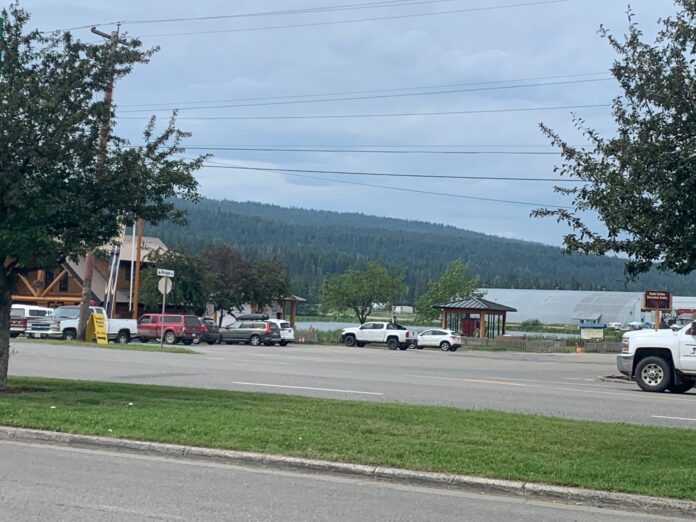The Smoky Skies Bulletin has been issued by the Ministry of Environment and Climate Change Strategy in collaboration with the First Nations Health Authority and Interior Health.
It covers 100 Mile House, and along Highway 97 from 108 Mile to Clinton, Bridge Lake and Canim Lake, as well as in the Fraser Canyon.
The source is the wildfire activity near Lytton.
That fire has now grown to 500 hectares.
The smoke is expected to remain in place over the next 24 to 48 hours.
During smoky conditions
Follow your common sense
• Stop or reduce your activity level if breathing becomes uncomfortable or you feel unwell.
• Stay cool and drink plenty of fluids.
• If you have asthma or other chronic illness, carry any rescue (fast-acting) medications
with you at all times and activate your personal care plan that has been designed with
your family physician.
• Make sure that children and others who cannot care for themselves follow the same
advice.
Monitor your symptoms
• People respond differently to smoke. Mild irritation and discomfort are common, and
usually disappear when the smoke clears.
• Exposure to wildfire smoke and the virus that causes COVID-19 can both result in respiratory
symptoms such as a dry cough, sore throat, or difficulty breathing. Use the BC COVID-19
Self-Assessment Tool to help determine whether you need further assessment or testing
for COVID-19.
• If you are unsure whether you need medical care, call HealthLink BC at 8-1-1.
• If you are experiencing difficulty in breathing, chest pain or discomfort, or a severe cough,
contact your health care provider, walk-in clinic, or emergency department. If you are
having a medical emergency, call 9-1-1.
Tips to reduce your smoke exposure
• Smoke levels may be lower indoors but will still be elevated, so stay aware of your symptoms
even when you are indoors.
• Running a commercially available HEPA (high efficiency particulate air) filter can improve
indoor air quality in the room where the device is located.
• If you have a forced air heating/cooling system in your home, it may help to change the
filter and set the fan to run continuously.
• Reduce indoor air pollution sources such as smoking, burning incense, and frying foods.
• If travelling in a car with air conditioning, keep the windows up and the ventilation set to
recirculate.
• If you are very sensitive to smoke, consider moving to another location with cleaner air,
but be aware that conditions can change rapidly.
• Maintaining good overall health is a good way to prevent health effects resulting from
short-term exposure to air pollution.
Something going on in the Cariboo you think people should know about?
Send us a news tip by emailing [email protected].








